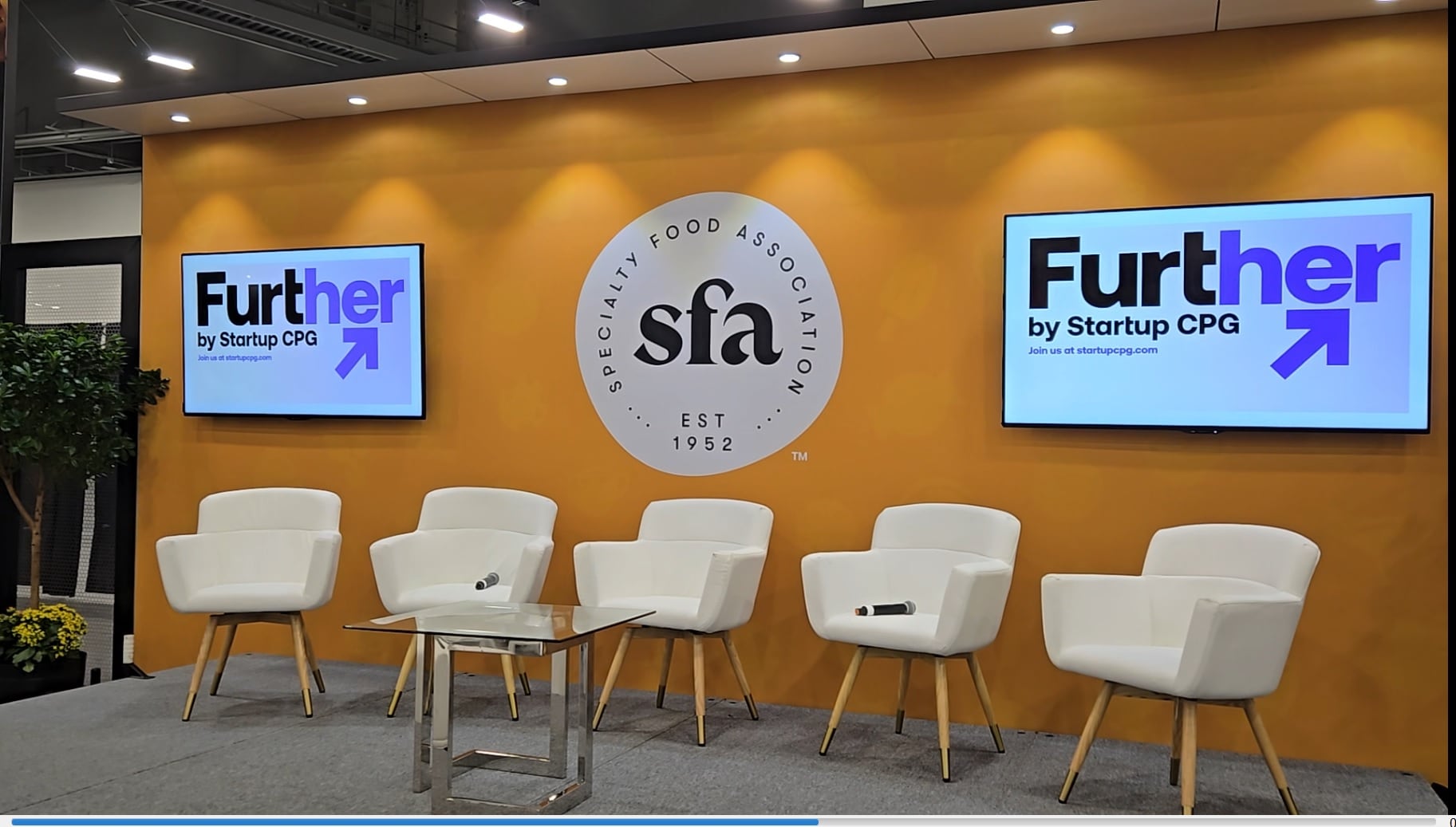Hiring a lawyer in the early days of a CPG startup might appear to be a nice-to-have, but retaining legal expertise can lay the groundwork for years of market success, Hind Abdelaziz, startup attorney at Founders Law, shared on an episode of the Founders’ Fundamentals podcast.
Founders can consult lawyers to ensure their intellectual property – branding, name, product type, manufacturing process, etc. – is protected, Abdelaziz explained.
A lawyer can advise on whether a startup should be incorporated under a limited liability company (LLC) or a Delaware C-Corp, she added. Both offer liability protection, but the Delaware C-Corp requires annual reporting and specific requirements for fundraising.
Also, lawyers play a crucial role during fundraising, ensuring venture capital (VC) deals have favorable terms for a founder, Abdelaziz said.
Venture capitalists invest in startups in exchange for an equity stake in a company with the prospect of it being repaid from the founder often by an exit – whether through acquisition, merger or an initial public offering.
“There are so many different ways to position your startup and to secure the best possible investment for your company and valuation for your company. It is great to have someone on hand to guide you through different issues,” she elaborated.
Knowing when to say no to VC
Lawyers advise founders on how much equity in their company they should give away during a funding round, Abdelaziz said. Founders who give too much equity in the beginning might not have enough later in the company’s lifecycle, she added.
Catch-up on the Founders’ Fundamentals podcast
Founders' Fundamentals is a bi-weekly podcast series dedicated to sharing strategies and insight on how to build and grow a food and beverage CPG brand. Re-visit past episodes here:
- Regenerative agriculture: What to know before getting certified
- From metrics to market: Data strategies to succeed in retail
- Preparing for retail: What CPG brands must know to succeed
- Expo West guide: How founders can prepare for CPG’s ‘Super Bowl’
- Beverage disruption: L.A. Libations CEO shares the recipe for building an iconic brand
Being a CPG founder can be a “really emotionally and operationally challenging journey,” and many first-time founders “have an identity crisis at times” double-guessing if they have the right product or if they can succeed, Abdelaziz noted.
Lawyers serve as a backstop to these concerns and ensure that these insecurities do not damage the brand, she added.
Founders should think twice before saying “yes” to any eager venture capitalist, as interest from one investor might signal broader market demand and the potential for better VC deals, Abdelaziz explained.
“You have self-doubt sometimes, and sometimes that actually hurts the products and the company a lot more than you realize because you do not realize how valuable the company actually is in the market. And if a venture capitalist sees that, then they may offer some unfavorable terms,” Abdelaziz elaborated.
‘Find the best investor for you and for your company’
Venture capitalists often request a seat on the company’s board of directors, Abdelaziz said.
Founders must carefully consider a venture capitalist’s value and object before they join the board to prevent disagreements with growth strategies and exit plans, she added.
“I always tell my clients to try to go and find the best investor for you and for your company. Someone who has a lot of experience in your industry, but also someone who you could work with, and you would generally take them as a mentor and use their advice. Try not to get investors from a desperate place,” Abdelaziz said. “This is a long-term relationship, so that is why you want to make sure that you have the right people on board because it is a group effort in the long term.”





![[Podcast] Founders' Fundamentals: Greenwich Capital Group on negotiating everything from slotting fees to successful exits](https://www.foodnavigator-usa.com/resizer/v2/5SORA3LPTRJFPO5UGAYJNGQ3AI.jpg?auth=20c49cf9442719353e799f2ea6ab5802d541b9370e8193e12b907e256d11bb0d&smart=true)